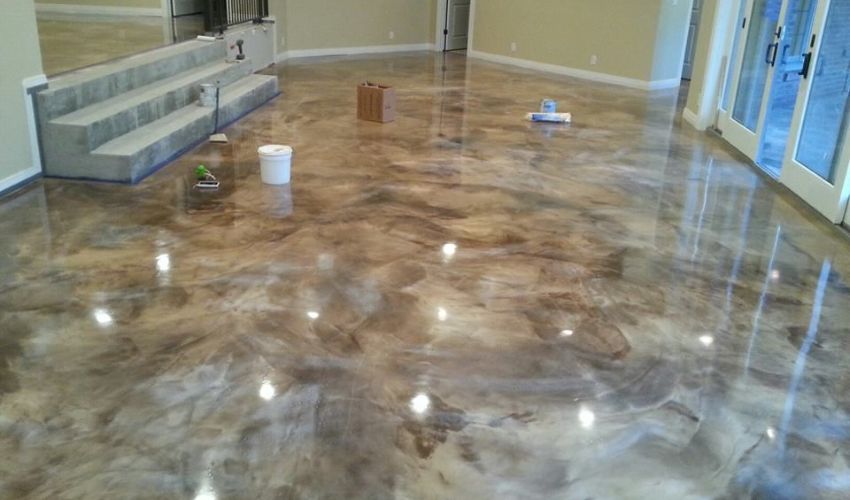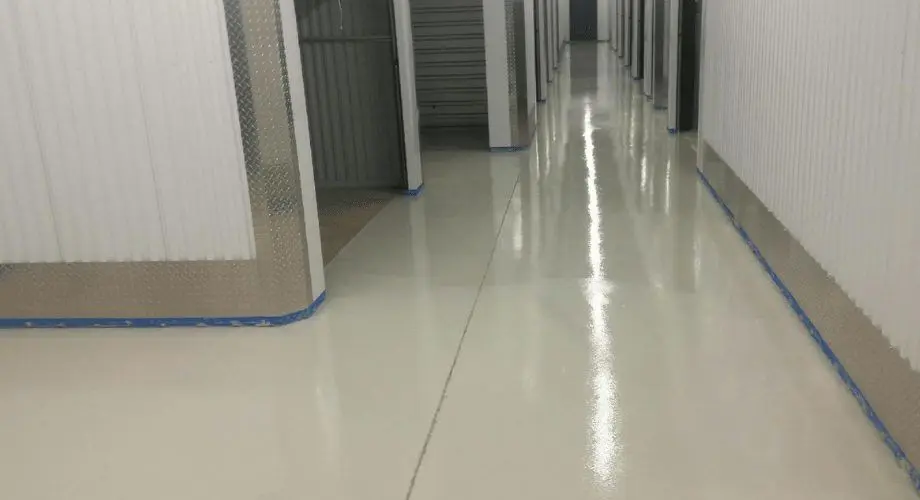When it comes to flooring options, choosing between resin flooring and traditional flooring materials can be a daunting task. Both options have their own advantages and considerations that need to be taken into account. In this blog post, we will compare resin flooring with traditional flooring to help you make an informed decision based on your specific needs and requirements.
Durability and Longevity
Resin Flooring: Resin flooring in the UK is known for its exceptional durability. It is resistant to heavy foot traffic, impact, abrasion, and chemicals. The seamless nature of resin flooring eliminates joints and seams, reducing the risk of cracks and providing a long-lasting solution.
Traditional Flooring: Traditional flooring materials such as vinyl, laminate, or carpet may not offer the same level of durability as resin flooring. They can be prone to wear and tear, requiring frequent replacement in high-traffic areas.
Maintenance and Cleanliness
Resin Flooring: Resin flooring benefits are its relatively low maintenance. Its seamless and non-porous surface prevents dirt, stains, and liquids from penetrating, making it easy to clean and maintain. Regular sweeping and occasional mopping are typically sufficient to keep resin floors looking pristine.
Traditional Flooring: Traditional flooring materials may require more intensive maintenance. Carpeting, for example, requires regular vacuuming, steam cleaning, and stain removal. Laminate or vinyl flooring may require periodic waxing or sealing to maintain their appearance.

Design Options and Aesthetics
Resin Flooring: Resin flooring offers a wide range of design options and customization possibilities. It can be available in various colours, finishes, and decorative effects, allowing businesses to create a visually appealing and customised space that aligns with their branding or design preferences.
Traditional Flooring: Traditional flooring materials may offer limited design options compared to resin flooring. While there are choices in terms of colours and patterns, they may not provide the same level of customization and versatility as resin flooring.
Safety and Slip Resistance
Resin Flooring: Resin flooring can be formulated with slip-resistant properties, making it a safe choice for industrial and commercial spaces. Anti-slip additives can be incorporated into the resin coating to increase traction and reduce the risk of slips and falls, even in wet or oily conditions.
Traditional Flooring: The slip resistance of traditional flooring materials varies depending on the specific material chosen. Some materials, like carpet, may offer better traction, while others, like polished tile or vinyl, can be more slippery when wet.

Cost Considerations
Resin Flooring: The initial cost of installing resin flooring may be higher compared to traditional flooring options. However, resin flooring’s durability and longevity can result in long-term cost savings reducing the need for frequent repairs and replacements.
Traditional Flooring: Traditional flooring materials may have a lower upfront cost, but they may require more frequent maintenance, repairs, or replacements, which can add to the overall cost over time.
Choosing between resin flooring and traditional flooring depends on various factors, including durability, maintenance requirements, design options, safety considerations, and cost. Resin flooring offers exceptional durability, easy maintenance, customization possibilities, and slip resistance. Traditional flooring materials may offer a wider range of design options at a potentially lower upfront cost. Consider your specific needs, industry requirements, and long-term goals to make an informed decision. Consulting with flooring experts can provide valuable insights and help you select the flooring option that best suits your space, budget, and aesthetic preferences.

